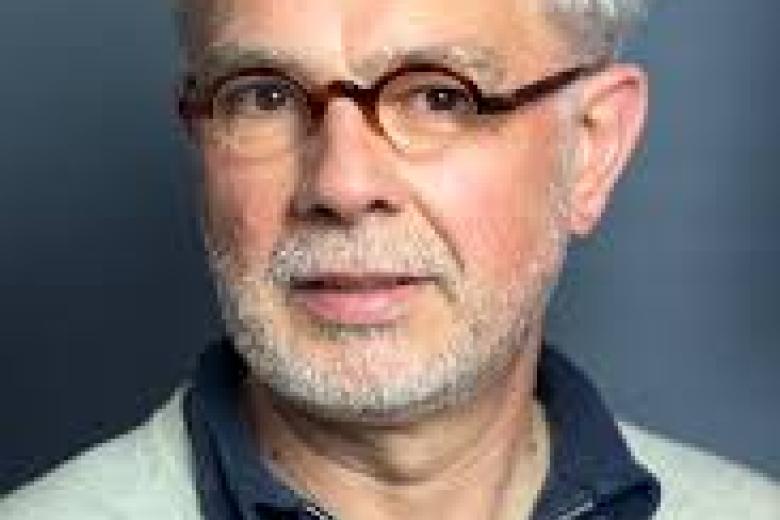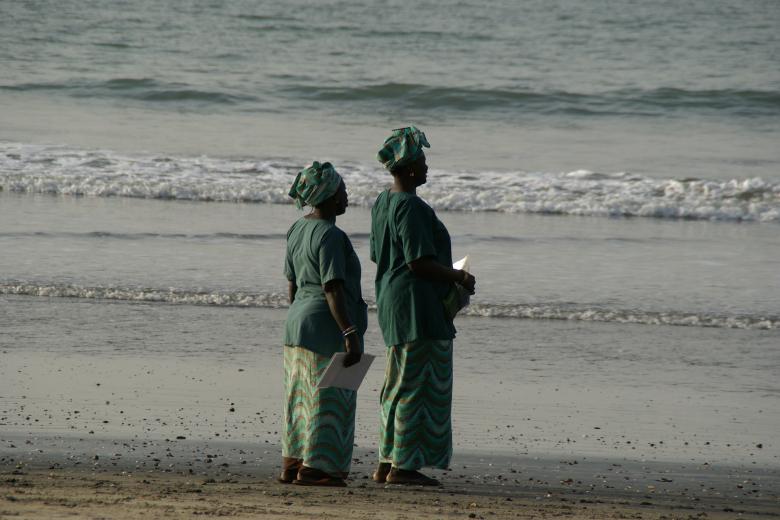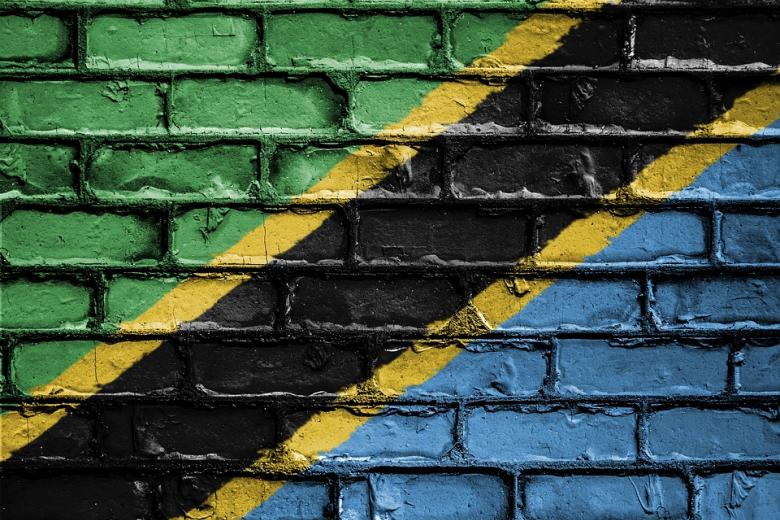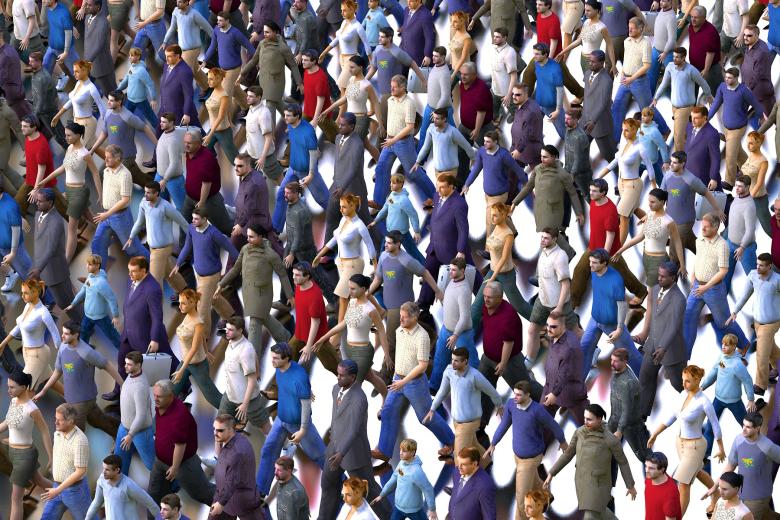The Greek refugee crisis: whose human rights - whose responsibilities?
Asylum-seekers at the Greek island of Lesbos are in a vulnerable position. They claim basic human rights and hold the Europeans accountable. What can a human rights scholar do? His role is limited. When there is no political will, compassion and solidarity are gone.
The Lesbos tragedy
I was touched when I read about the appalling conditions at the Greek island of Lesbos where thousands of asylum-seekers from mainly Syria and Afghanistan have been trapped for months, or even years in a reception camp that is overcrowded and sub-standard. The big majority of them are on a long waiting-list for their application for asylum to be assessed by the Greek authorities. The Greek Coast Guard is shooting at boats with asylum-seekers that are trying to reach the coast. Other European countries do not live up to their commitments to receive and host a fair share of these people. Only Germany has shown responsibility by agreeing to host an extra number of unaccompanied and sick children from Lesbos. The Netherlands Government declined to take responsibility.
In a Dutch newspaper article I read a report about a site-visit to camp Moria. One Afghani elderly man said to the reporter: ‘How can you accept in Europe what is happening here to us? Safe in your homes, you watch war movies, while we live in a war movie for 40 years, with the assistance of your leaders! Look at how we live. You always talk about human rights, but where is your compassion?’ (NRC-Handelsblad, 7-8 March 2020). I must say I was affected by this cry from the heart.
Universal human rights?
Whose human rights are we talking about, and whose responsibility is it to respect and protect human rights of people who are in a very vulnerable position? Human rights are said to be universal, however it depends on your personal situation and your location what these rights mean in practice. For most European citizens basic rights such as security, food, adequate housing, education and health are self-evident and taken for granted. But what do these rights mean for a person who had to flee from civil war or persecution on the basis of religion and was forced to take risks and cross borders to find refuge? They also have a right to live in dignity.
The role of the human rights scholar
For the human rights scholar based at a European university such questions cause uneasy feelings and raise issues about personal conscience and the effective protection of human rights. The experiences of asylum-seekers touch upon the actual meaning of human rights in practice. What can a human rights scholar contribute to this debate? He can definitively not solve the problems. However he can analyse the situation from a legal perspective, determine which rights are at stake, and who is to be held responsible after an analysis of obligations and duty-holders (Greece, the EU and Turkey). The scholar may come to the conclusion that a solution is only possible through concerted international action and cooperation. However, the enforcement of international human rights law and refugee law is weak and requires political will from governments to make it effective. If domestic concerns (fear of losing popular support and elections) prevail over living up to a government’s human rights obligations, we are on the wrong track. Compassion and international solidarity are then gone. The asylum-seekers deserve better.
| More blogs on Law Blogs Maastricht |
A.P.M. Coomans
Prof Fons Coomans holds the UNESCO Chair in Human Rights and Peace at the Department of International and European Law at the Faculty of Law, Maastricht University. He is the Director of the Maastricht Centre for Human Rights, and a member of the Netherlands Network for Human Rights Research.

-
A genocide case on Human Rights Day: the Gambia v Myanmar before the International Court of Justice
Today, on Human Rights Day, the Peace Palace in The Hague will be the venue of the somewhat ironic spectacle of a Nobel Peace Prize laureate and global icon of human rights leading her country’s defence against allegations of genocide, the most serious violation of human rights possible.

-
The perjury predicament at international criminal trials
The review hearing of Augustin Ngirabatware only lasted from 16th – 24th September 2019, yet those 7 days were enough to create shockwaves in this little town in the north-east of Tanzania.

-
When states elect the experts: the case of the UN Human Rights treaty bodies
UN treaty bodies are committees of independent experts in charge of monitoring state compliance with the major UN human rights treaties. Yet, how far are these committee members truly expert and independent from their home governments, considering that they are nominated and elected by states?
...